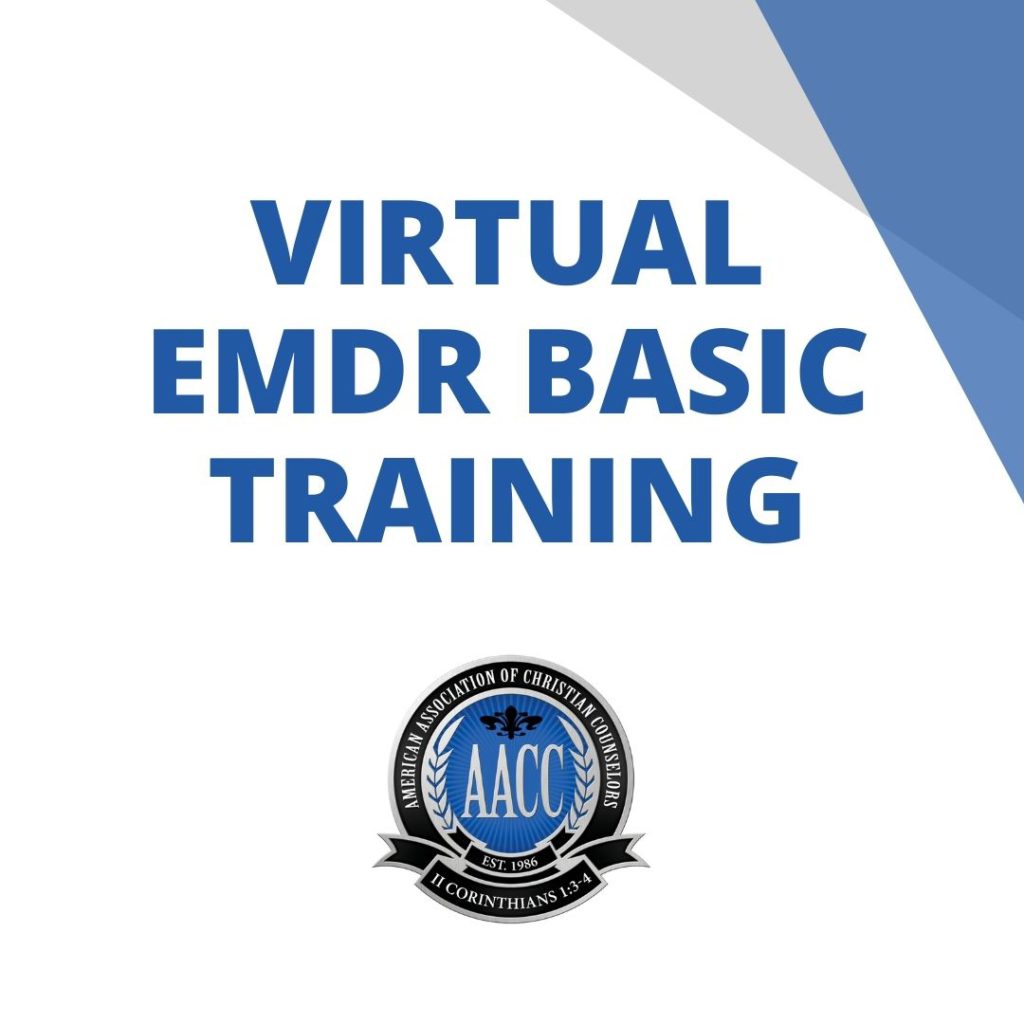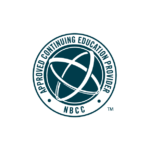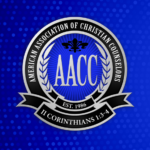Licensed Mental Health Professionals:
Qualifying Medical Doctors must be licensed to practice in their state or province.
Qualifying Advanced Practice Registered Nurses must have a Master of Science in Nursing (or higher) with a specialization in psychiatric mental health nursing and must be licensed to practice through their state board or province.
Qualifying Mental Health Clinicians must have a Master’s Degree in the mental health field (Counseling, Marriage Family Therapy, Psychology, Psychotherapy, Psychiatry, Social Work) or related mental health discipline and be licensed to practice through their state board or province.
Pre-Licensed Mental Health Professionals:
These are clinicians who are actively pursuing a mental health license through their state board (or province) while working under a licensed supervisor. Some of these license types may include: associate, intern, limited, provisional, temporary and pre-license.
Qualifying Pre-Licensed Mental Health Clinicians must have a Master’s Degree in the mental health field (Counseling, Marriage Family Therapy, Psychology, Psychotherapy, Psychiatry, Social Work) or related mental health discipline and must be actively pursuing a full license through their state board (or province) while working under a licensed supervisor.
Graduate Students:
Qualifying graduate students must be enrolled in a Master’s or Doctoral program in the mental health field (Counseling, Marriage Family Therapy, Psychology, Psychotherapy, Psychiatry, Psychiatric Nursing, Social Work) or related mental health discipline. Students must have completed their core graduate academic coursework and must be in the practicum/internship portion of their graduate program. First year graduate students are not eligible. Graduate students must be on a licensing track and working under the supervision of a fully licensed mental health clinician.
Graduate students who would like to take an EMDR Training will need to submit certain documentation (graduate transcript, practicum or internship details, and a letter from their supervisor which includes the supervisor’s license information and number) in order to verify their eligibility. Students do not need to provide EMDRIA with any documentation unless specifically asked to do so by EMDRIA staff. Any documentation that needs to be submitted would go directly to the training provider either prior to or during the training registration process.


 American Association of Christian Counselors has been approved by NBCC as an Approved Continuing Education Provider, ACEP No. 7543. Programs that do not qualify for NBCC credit are clearly identified. American Association of Christian Counselors is solely responsible for all aspects of the programs.
American Association of Christian Counselors has been approved by NBCC as an Approved Continuing Education Provider, ACEP No. 7543. Programs that do not qualify for NBCC credit are clearly identified. American Association of Christian Counselors is solely responsible for all aspects of the programs.
